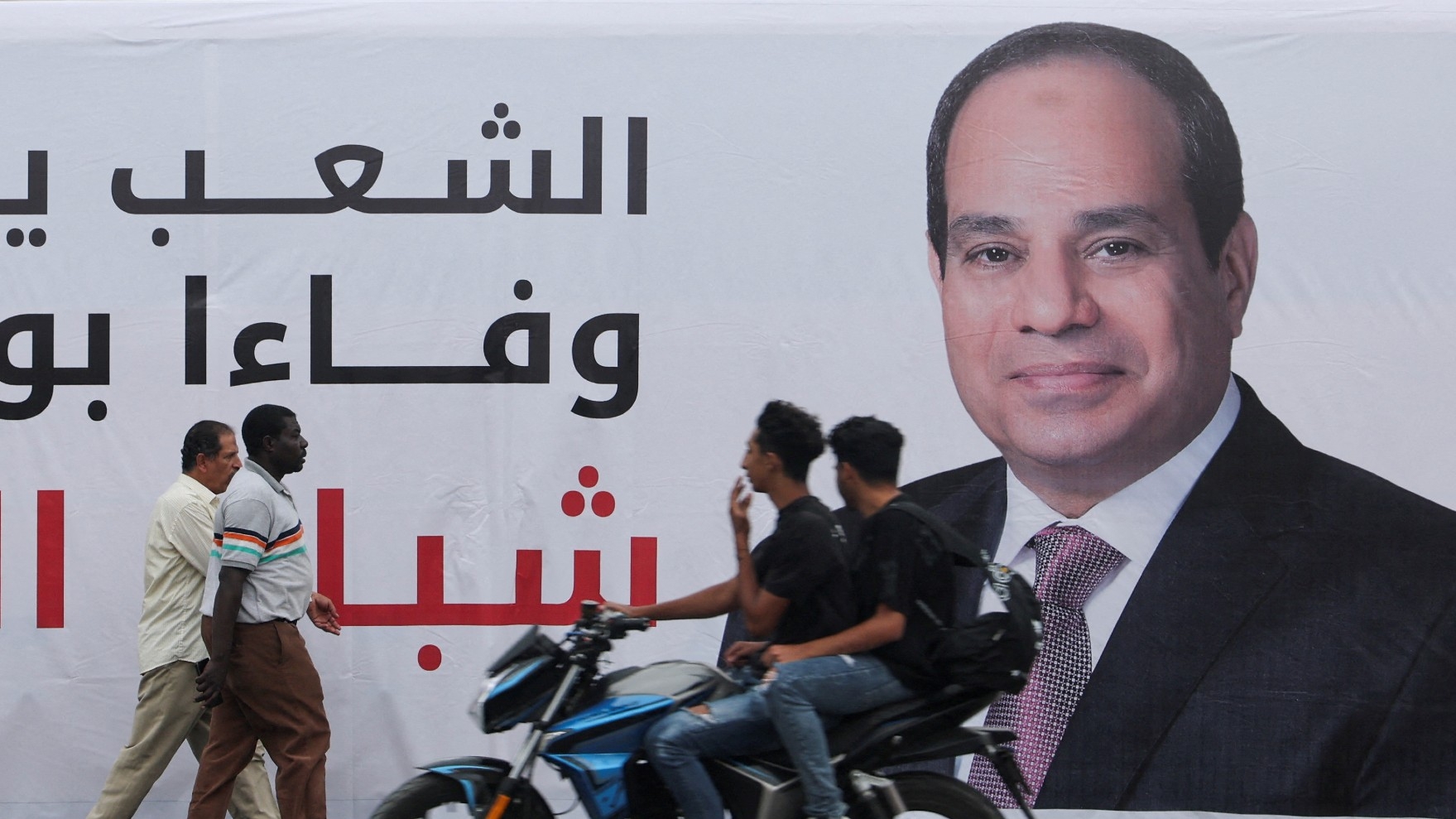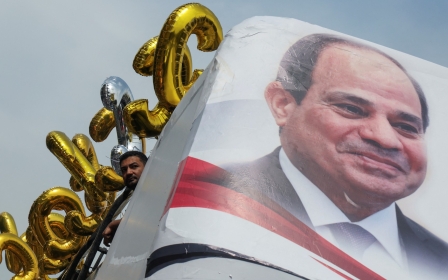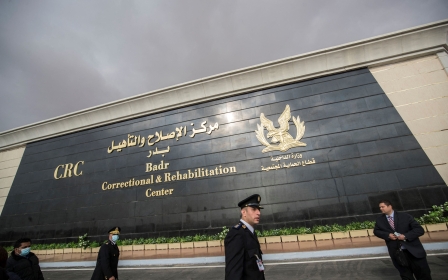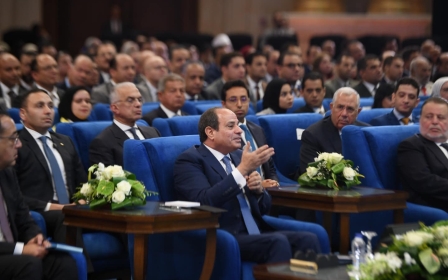Egypt elections: Sisi confirms candidacy for third presidential term

Egyptian President Abdel Fattah el-Sisi confirmed on Monday that he would be a candidate in the December presidential elections.
Sisi has been president since 2014, a year after he ousted his democratically elected predecessor, Mohamed Morsi, in a coup. He won a second term in the 2018 election in a landslide victory, with 97 percent of the vote, against one candidate, himself a supporter of Sisi, after all serious opposition hopefuls had either been arrested or withdrew from the election, citing intimidation.
Constitutional amendments in 2019 paved the way for the 68-year-old former army general to stand for an additional two terms, as well as extending the duration of presidential terms from four years to six.
The National Elections Authority (NEA) announced last month the dates for the polls, scheduled for 10-12 December, with nominations for the elections set to take place between 5-14 October.
According to the NEA's regulations, in order to be accepted as a presidential candidate, the candidate must be endorsed by at least 20 members of the House of Representatives or be supported by no less than 25,000 citizens who have the right to vote in at least 15 governorates, with a minimum of 1,000 from each governorate.
New MEE newsletter: Jerusalem Dispatch
Sign up to get the latest insights and analysis on Israel-Palestine, alongside Turkey Unpacked and other MEE newsletters
On Monday, Middle East Eye reported that civil servants and recipients of government benefits are being forced to sign nominations to endorse Sisi.
Sisi declared his intention to stand as a candidate at the end of a three-day conference in which he addressed supporters and government officials in a series of controversial speeches.
On Saturday, he said that Egyptians should accept the prospect of going hungry as the price of the country's success.
In the widely condemned speech aired from his new administrative capital, Sisi also called his opponents “liars, saboteurs and wicked”, as critics questioned the billions spent on infrastructure projects that he has undertaken as many Egyptians struggle to make ends meet.
“Don’t you Egyptians dare say you would rather eat than build and progress,” Sisi said. “If the price of the nation’s progress and prosperity is to go hungry and thirsty, then let us not eat or drink,” he added.
Left-wing politician and former MP Ahmed Tantawi, who is positioning himself as Sisi's main opponent in the country's upcoming election, condemned the president's speech in a statement posted on X, the social media platform formerly known as Twitter.
Directly addressing Sisi, he wrote: "Egyptians actually starved during your rule because of your administration. They did not see any of the development that was promised."
Tantawi further accused Sisi of spreading lies and accumulating "high-rise buildings, cities and palaces built in deserts, even if it is at the expense of [the ordinary] man and his right to a decent life and education".
"[The government] has stripped citizens of social protection, leaving two-thirds of Egyptians living below and around the poverty line, while the conditions of most of the remaining third have deteriorated dangerously," he said.
Tantawi has previously announced that dozens of members of his campaigns, including lawyers, have been rounded up as part of a nationwide crackdown on his supporters. Last month, a report by Citizen Lab showed that Tantawi was hacked by European commercial spyware several times after he announced his interest in running for the presidency.
The presidential election will take place as Egypt, home to over 109 million people, is in the midst of a severe economic crisis that has seen the Egyptian pound lose half its value against the dollar, leading to record inflation and foreign currency shortages.
In August, annual inflation in Egypt reached close to 40 percent, according to official figures, plunging Egyptians further near or under the poverty line.
While the financial crisis has a range of causes, including the Covid-19 pandemic and the Russia-Ukraine war, opposition figures and economic analysts have pointed fingers at the increasing grip the military has held over the economy following Sisi's 2013 coup.
Middle East Eye delivers independent and unrivalled coverage and analysis of the Middle East, North Africa and beyond. To learn more about republishing this content and the associated fees, please fill out this form. More about MEE can be found here.




